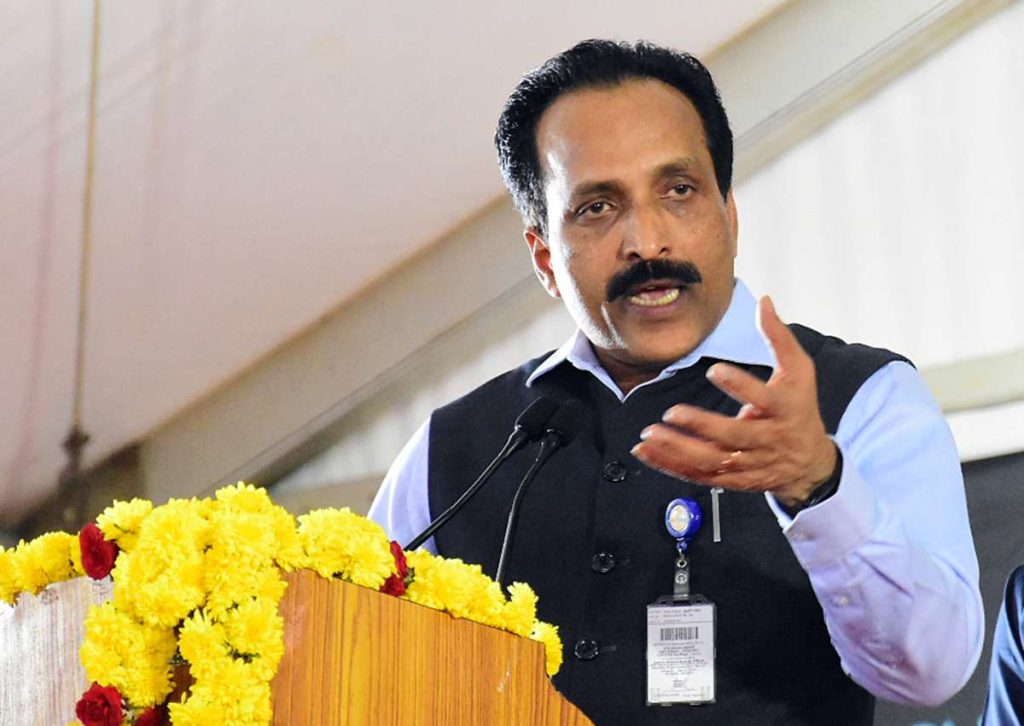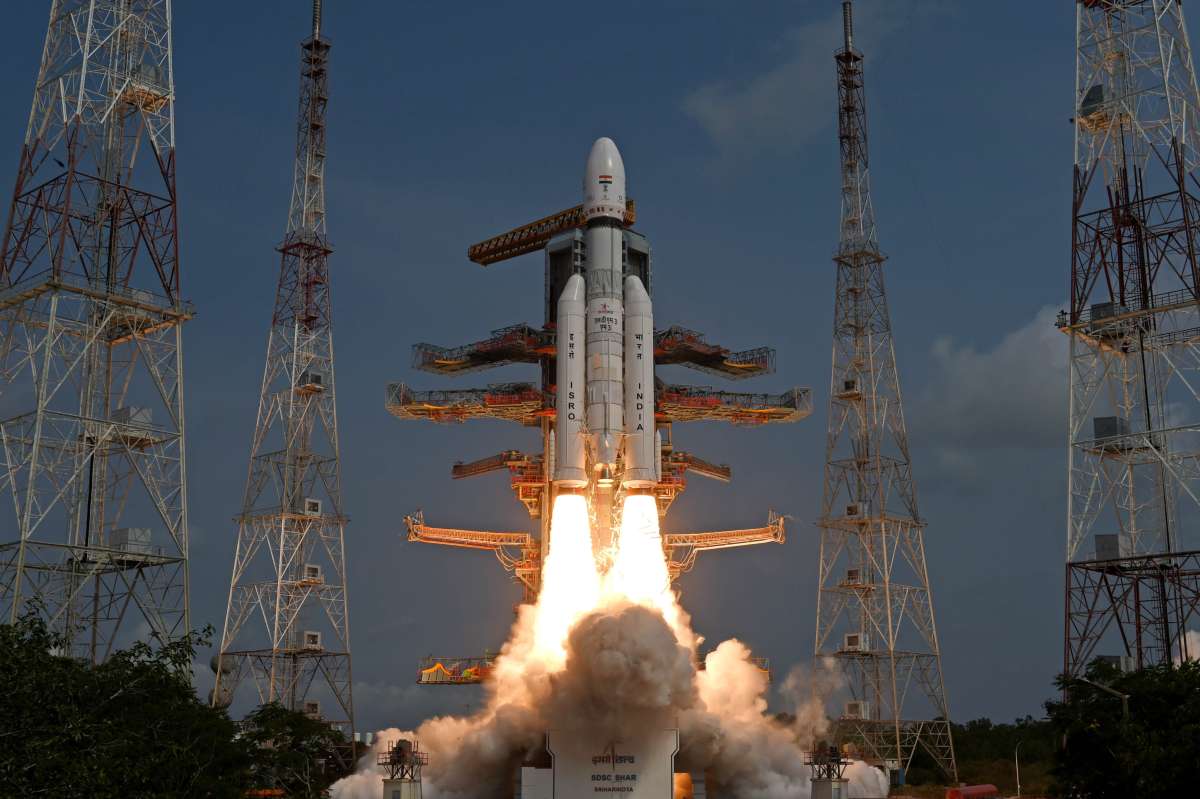The Indian Space Association (ISpA) and Satcom Industry Association (SIA-India) are urging the government to seek parliamentary approval for the Space Activity Bill, which would provide statutory cover to the Space Policy announced earlier in the year….reports Asian Lite News
India’s private space sector is gearing up for transformative reforms in the coming year, aiming for clarity on foreign direct investment (FDI) to propel its nascent growth. The industry has lauded the government’s decision, reflected in the Telecommunications Act approved by Parliament, to allocate satellite-based spectrum through the administrative route. This move is expected to bridge the digital divide by facilitating space-based broadband internet access in remote areas.
The Indian Space Association (ISpA) and Satcom Industry Association (SIA-India) are urging the government to seek parliamentary approval for the Space Activity Bill, which would provide statutory cover to the Space Policy announced earlier in the year. Lt Gen A K Bhatt (retd), Director General of ISpA, anticipates comprehensive coverage in the bill, including aspects such as insurance in space, international and national obligations, defined offenses, punishments, barriers of entry for private companies, and liability for damages caused in space.
The introduction of the FDI Policy is anticipated to attract funds from major Indian corporations, providing financial incentives for private players to operate effectively. SIA-India, in its pre-budget memorandum, is calling for an increased budgetary outlay for the Department of Space, tax incentives for research and development, extended tax holidays for deep tech start-ups, interest rate subsidies, financial incentives for academia, and visa programs for entrepreneurs.
SIA-India emphasizes the need for a comprehensive quantitative analysis of the space economy sectors, akin to established frameworks such as the OECD or the US Bureau of Economic Analysis (BEA). This analysis is seen as a prerequisite before implementing financial stimulus and regulatory measures.
The industry’s focus on promoting private entities, encouraging youth participation, and nurturing deep tech startups aligns with India’s ambitious space goals, including a moon landing by 2040 and a space station by 2035. SIA-India also urges the government to establish specialized research and development hubs, testing facilities for space technologies, and data centers for processing, analyzing, and storing massive data from space-related activities.
Lt Gen Bhatt (retd) of ISpA notes the significant funding received by Indian startups in 2023, totaling $123.90 million and reaching a cumulative funding of $380.25 million to date. The emergence of 54 new space startups in the past year brings the current count to 204. Industry estimates project the private space sector in India to contribute about 2% to the global space economy, with expectations to grow to approximately 10% by 2040.

ISRO Calls for G20 Collaboration on Satellite
India is urging G20 nations to participate in the creation of a G20 satellite, set to be launched within the next two years, as announced by ISRO Chief S Somanath. Emphasizing the significance of weather and climate, India aims to measure crucial parameters such as air pollution, greenhouse emissions, humidity variations, precipitation, ocean behavior, current patterns, waves, soil moisture, and radiation budgeting.
Expressing India’s commitment, Somanath stated, “We offered to build a satellite, and we are asking the G20 nations to contribute to this satellite through payloads and instruments developed by them.” The launch is scheduled within the next two years, marking India’s contribution to global environmental and climate observations.
The proposal for a G20 satellite was initially put forward by Prime Minister Narendra Modi in September. Somanath emphasized India’s goal of ensuring the availability of data globally, stating, “We want to make sure the data is available to the entire world and every nation so that they can use it for their weather modeling and scientific research.” He extended a welcome to scientific communities worldwide to collaborate in building a satellite for the benefit of the entire world.
In summary, India’s call to G20 nations seeks collaboration for a satellite designed to contribute valuable data for environmental and climate research on a global scale, aligning with the nation’s commitment to advancing scientific knowledge and fostering international cooperation in space exploration.Top of Form

Leave a Reply